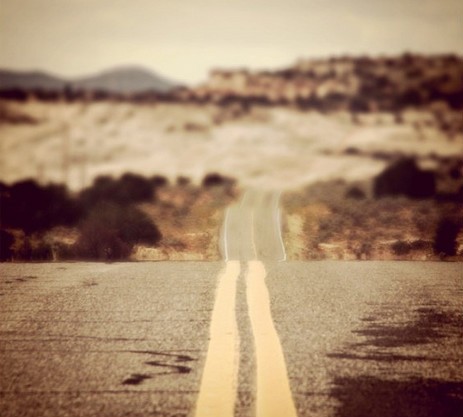Among the strays: A pastor’s vocation
In my day job I teach theology and grade papers, but I have another line of work. A friend gave this calling a name several years ago when she called to ask if I'd do a funeral for someone who had no church connection or pastor. "Do you still have a ministry to strays?" she asked. As a young man, I had worked for several summers as a truck driver for a nationwide moving company. Later I attended seminary. Now I look back and realize that the driving experience helped prepare me for a churchly vocation that my seminary professors didn't cover in their lectures.
Back when I was one of them, we over-the-road truck drivers endured profound loneliness. As nomads in the world before cell phones, we'd pull into a truck stop looking for casual conversation with perfect strangers. Like us, they were taking a break from staring at the broken white lines. These truckers and assorted transients seemed destined to spend their lives on the road.
Eventually it dawned on me that truckers and clergy travel a similar metaphoric highway. We discover a measure of our vocation among the "strays"—the wandering, wayward and "beditched" who have no priest or pastor.






